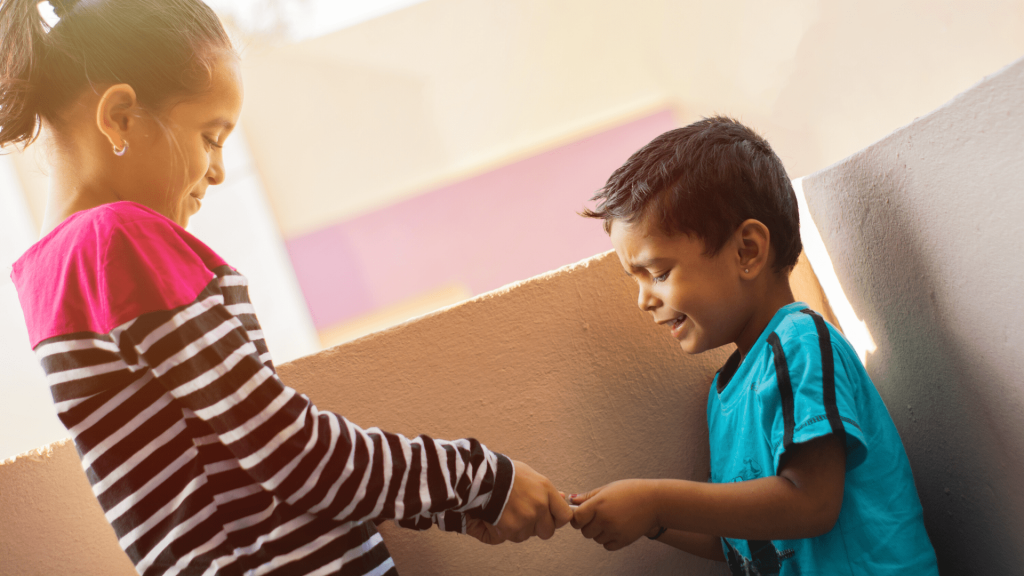A toddler has to deal with different types of emotions, including negative ones. Frustration and anger can lead to aggression, disrespect, temper tantrums, fighting, teasing, etc. For coping with your toddler’s anger effectively you may have to implement specific strategies, such as:
Differentiating between good and bad behaviour

A toddler has strong emotions and some of them may be negative ones like anger, disappointment, distress, embarrassment, stress, frustration, etc. These emotions can manifest in bad behaviour. You can follow a two-pronged approach to teaching your kid deal with anger:
- Teach your child to differentiate between good and bad emotions
- Explain that some emotions should not be expressed in the form of action.
Setting an example
Your toddler will learn more from your actions and reactions rather than by following instructions. If your kid sees you losing your temper in a stressful situation, how can you succeed in taming your toddler’s anger issues?

Whereas, if he observes that you always deal with stress gently and calmly, he will pick his cue from your behaviour. The best toddler anger management strategy is to set an example by your actions, moods, and behaviour. So if you are upset, speak out your concerns so that the child learns to talk about his feelings as well. If you lose your cool, remember to apologise later. Your kid will learn to do the same.
Setting acceptable limits
Family rules on acceptable behaviour are tacit and usually not written down. If you have more than one child, your toddler will learn the acceptable limits by watching the behaviour of the older kid. But with your first child, you have to set down the ground rules. Explain that throwing things in anger, screaming, crying uncontrollably, breaking things, hitting others, etc. are not acceptable.
Formulating a toddler anger management strategy

The use of anger management activities for toddlers is a pleasant way of teaching your kid to cope with negative emotions. Older kids tease the younger ones who cannot express their frustration except in the form of anger. Teach your kid to move away from such situations, maybe to another room. Distract your toddler by bringing out his favourite toy and playing with together till he calms down. Whenever possible, use toys that have both entertainment value and educational value.
Explaining the consequences of bad behaviour
Dealing with angry-toddler behaviour is not easy. Your child may not always be able to cope with anger and may cross the acceptable limits. You have to explain that there are positive consequences for good behaviour in the form of treats and more quality time. And that there are negative consequences for bad behaviour in the form of extra chores, denial of a toy (or goodies), or fewer privileges. Ensure that you follow through immediately with these consequences, whether positive or negative. Now your toddler will know you mean business and cannot be ignored.

Despite different strategies, if you are unable to tame the anger monster in your child it may be sensible to seek the help of professionals.
